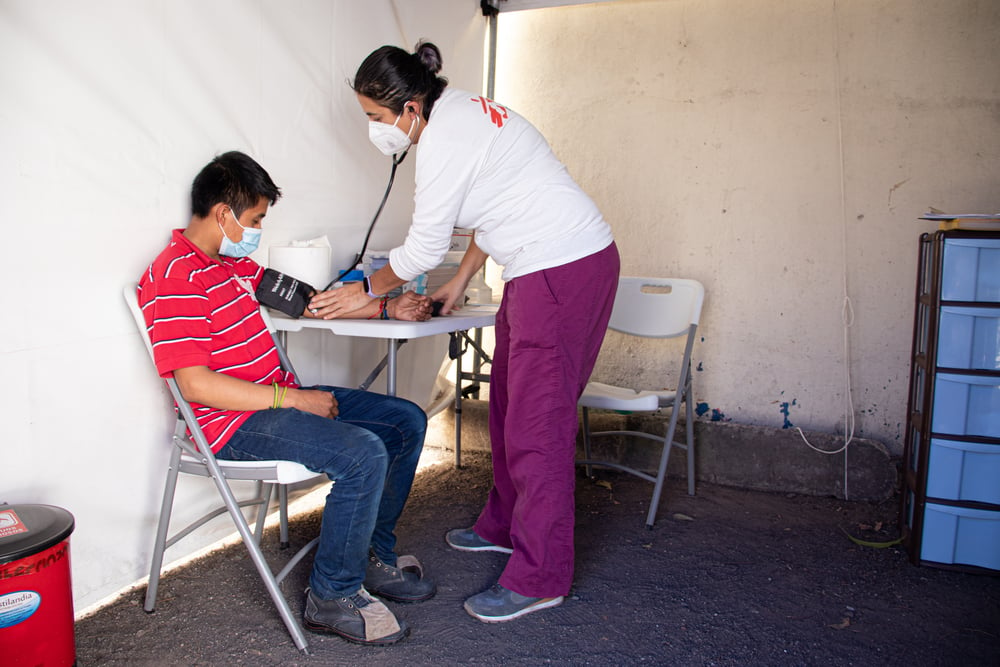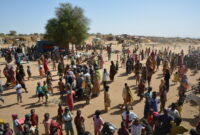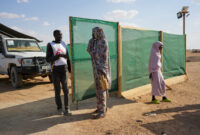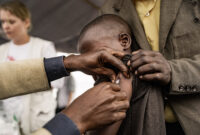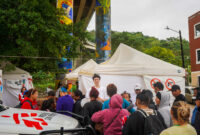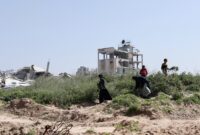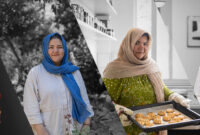Guatemala: Medical care and assistance to migrants and deportees on the border departments with Mexico
In 2021, an unprecedented humanitarian crisis for migrants and asylum seekers hit Latin America. While massive migratory movements have been taking place in the region for decades, the panorama was worsened by the deportations of thousands of people from the United States and the criminalization of migration by the region’s authorities. According to UNHCR, the UN Refugee Agency, almost one million people were forced to look for more dangerous routes, where they were exposed to robbery, extortion, torture, sexual violence, rape, and kidnapping.
The border between Guatemala and Mexico is one of the places where this situation has become more evident. Every day, thousands of people on their way towards the north try to cross through dangerous informal points, far from the migration authorities’ radar. Many others make the journey to their countries of origin after having been deported from the United States or Mexico. The common situation is vulnerability: multiple needs and lack of response from the entities called upon to attend to them.

rong>
In November 2021, Doctors Without Borders/Médecins Sans Frontières (MSF) began two interventions offering medical care and assistance to improve the situation of people crossing the border departments of Guatemala with Mexico.
Project for people on the move in San Marcos and Huehuetenango
Since November 2021, MSF started interdisciplinary activities (with a team of medical doctors, nurses, psychologists, health promoters, social workers, and logisticians) at different crossing points where the needs are most urgent.
The project’s central base is in the city of Quetzaltenango and has sub-bases in Tecún Umán (Department of San Marcos) and Nentón (Department of Huehuetenango). In Tecún Umán, MSF adapted a clinic that is a few meters from the bus station and the centre for returnees, where dozens of Guatemalans (including many unaccompanied children) arrive daily before returning home. In Nentón, MSF provides medical care and assistance both to the local population, especially the most vulnerable, as well as for migrants passing through the town.

MSF teams offer basic health consultations, mental healthcare, health promotion activities, information and guidance by social workers, provide drinking water and coordinate with other actors on referrals. “We have provided 646 general medical consultations and 130 mental health consultations. We see physical health conditions associated with the difficulties the journey and mental health problems related to violence in their countries of origin, but also during the migration route,” says Miriam Hernández, MSF’s coordinator of mobile activities in Tecún Umán.
Project to address cases of sexual violence in Peten
Due to the high exposure to different forms of violence, including sexual violence, MSF provides care, information and awareness-raising on the risks and exposure to sexual violence for people on the move along the migration route. In the city of Flores, department of Petén, the MSF team implements activities that include the delivery of a comprehensive preventive package that includes vaccinations, family planning and prevention of sexually transmitted infections.
